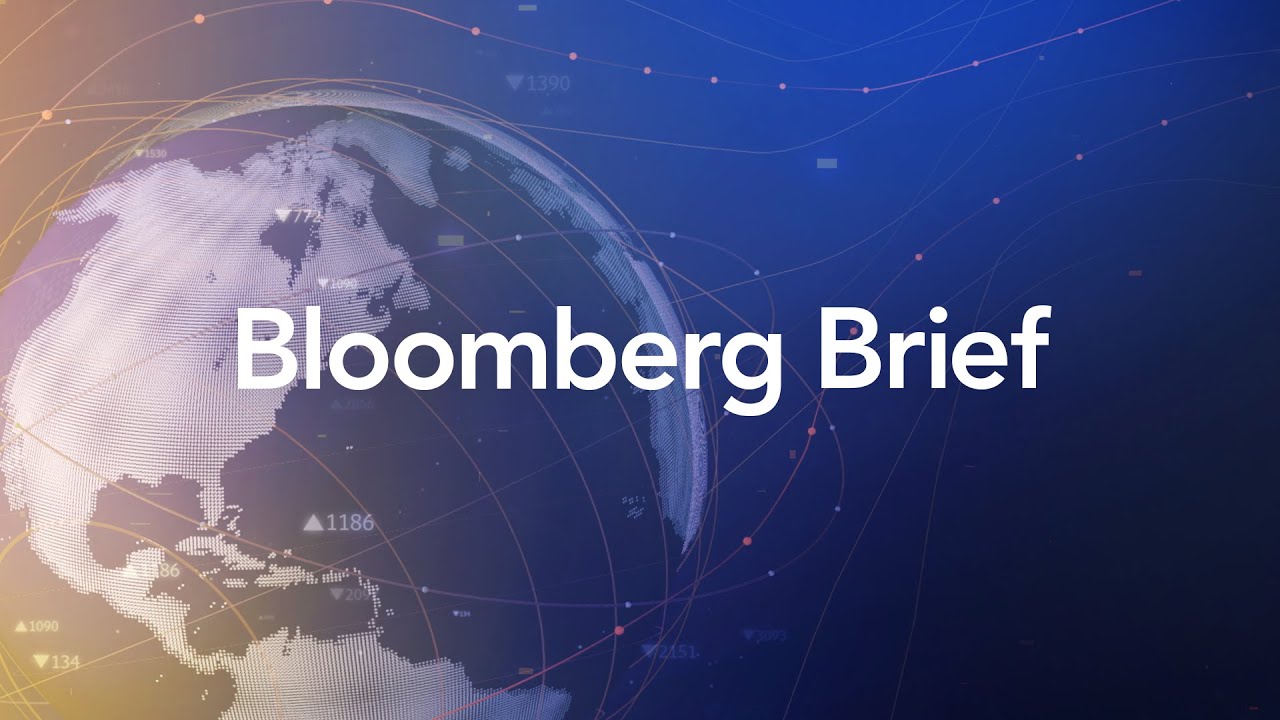The stock market is rallying on strong AI-driven tech sector optimism and major partnerships, despite disruptions from the U.S. government shutdown delaying key economic data and causing federal worker layoffs. Meanwhile, challenges persist with Boeing’s 777X delay, significant infrastructure deals, and ongoing geopolitical trade tensions impacting the tech industry outlook.
Stocks Rally with More AI Optimism; Government Shutdown Enters Day Three | Bloomberg Brief 10/3/2025
The stock market is experiencing a rally driven by optimism around artificial intelligence (AI) and strong tech sector performance. Stock futures are extending gains following fresh record highs in major indices, with the Nasdaq 100 up 1.5% this week and the S&P 500 up 1%. Gold is also set for its seventh consecutive weekly gain. Despite the U.S. government shutdown entering its third day and causing the absence of key economic data like the monthly payrolls report, the market remains buoyant, fueled by significant partnerships such as Fujitsu and Hitachi teaming up with OpenAI and NVIDIA. These collaborations are seen as major drivers of the ongoing tech enthusiasm.
Individual stocks are showing mixed reactions amid these developments. Applied Materials is down after announcing it expects a $600 million revenue hit due to expanded U.S. export restrictions targeting subsidiaries of blacklisted companies. Tesla, meanwhile, is rebounding in pre-market trading after a dip, buoyed by record sales this quarter despite concerns about the sustainability of growth following the expiration of electric vehicle subsidies. Rumble, an online video platform, is surging after announcing a new AI-powered partnership with Perplexity, highlighting the market’s positive response to AI-related deals.
The U.S. government shutdown is causing significant disruption, with White House Press Secretary Carolyn Leavitt indicating that thousands of federal workers could face layoffs. The shutdown has delayed critical economic data releases, complicating the Federal Reserve’s ability to make informed policy decisions. Economists like Veronica Clark from Citi suggest that while the economic drag from the shutdown might be limited if it lasts only a short time, prolonged shutdowns or permanent layoffs could have more serious impacts on unemployment and GDP growth. The Fed is expected to continue with planned interest rate cuts in October and December, relying more on private sector data due to the absence of official government statistics.
In other major news, Boeing faces further setbacks with its 777X aircraft now expected to enter commercial service in 2027, a year later than planned. This delay could result in additional charges of up to $4 billion, adding to the $11 billion already incurred. Meanwhile, BlackRock’s Global Infrastructure Partners is reportedly close to a $40 billion deal to acquire Aligned Data Centers, marking one of the largest infrastructure deals of the year. This reflects the growing investor interest in digital infrastructure, particularly data centers, which are critical for supporting AI and other technology growth.
Finally, geopolitical and trade tensions continue to influence the tech sector. A Bloomberg report revealed that Huawei has been using advanced components from Taiwanese chipmaker TSMC in some of its processors, despite U.S. export restrictions. This raises questions about the effectiveness of trade sanctions and China’s ability to develop domestic chip manufacturing capabilities. Meanwhile, Goldman Sachs CEO David Solomon expressed optimism about the U.S. economy accelerating into 2026, driven by fiscal stimulus and tech investment, though concerns remain about a slowing labor market and geopolitical risks. Overall, the market outlook remains cautiously positive amid ongoing uncertainties.
